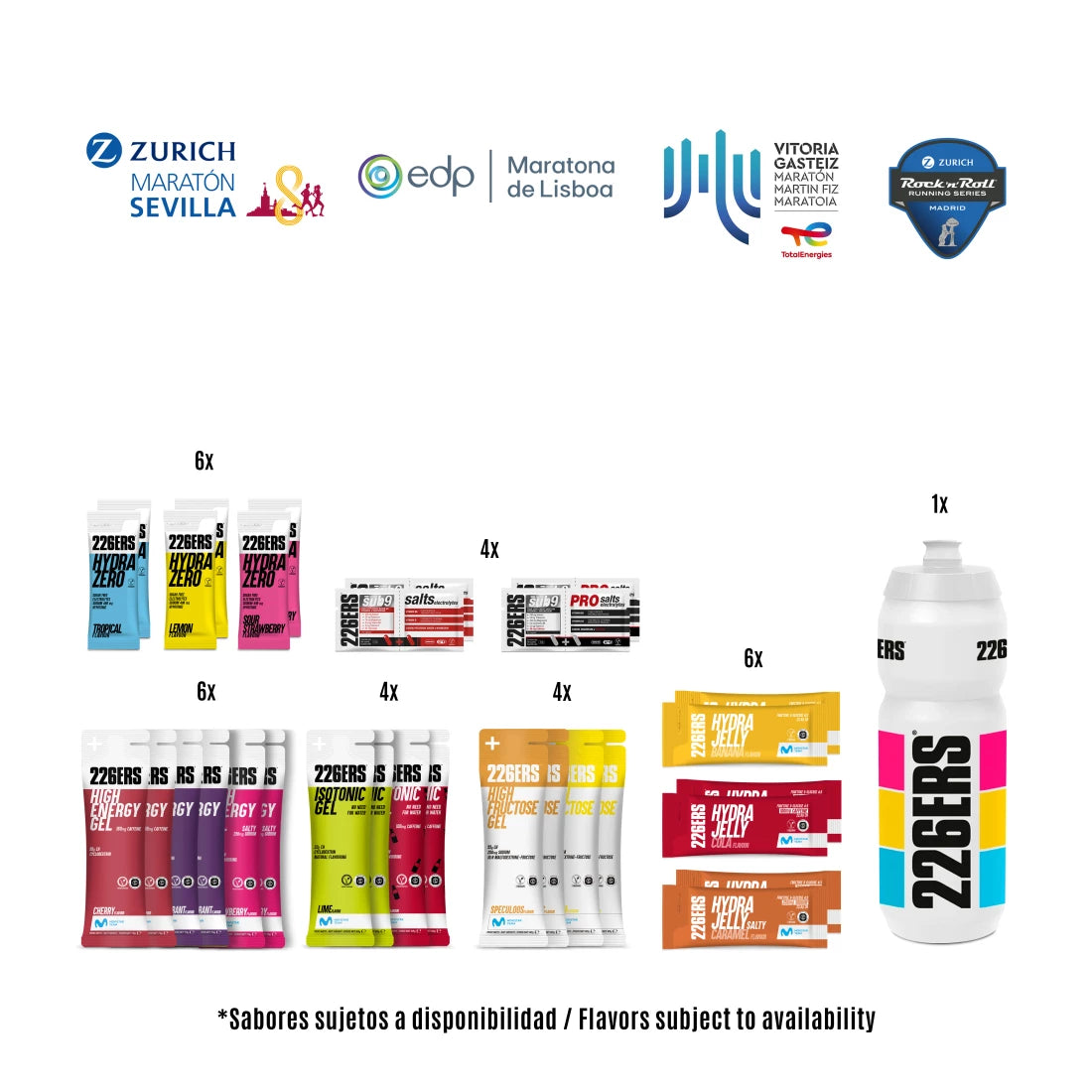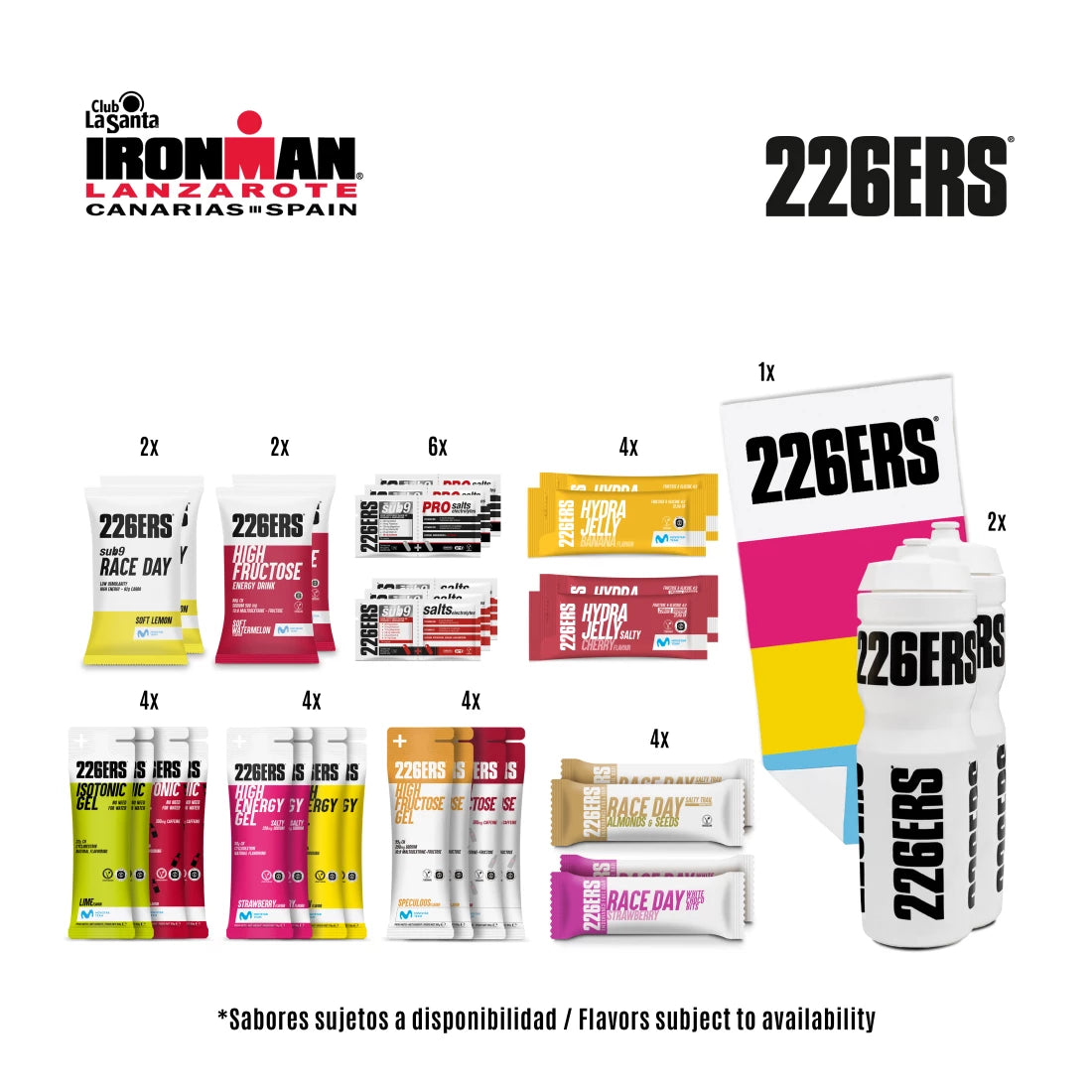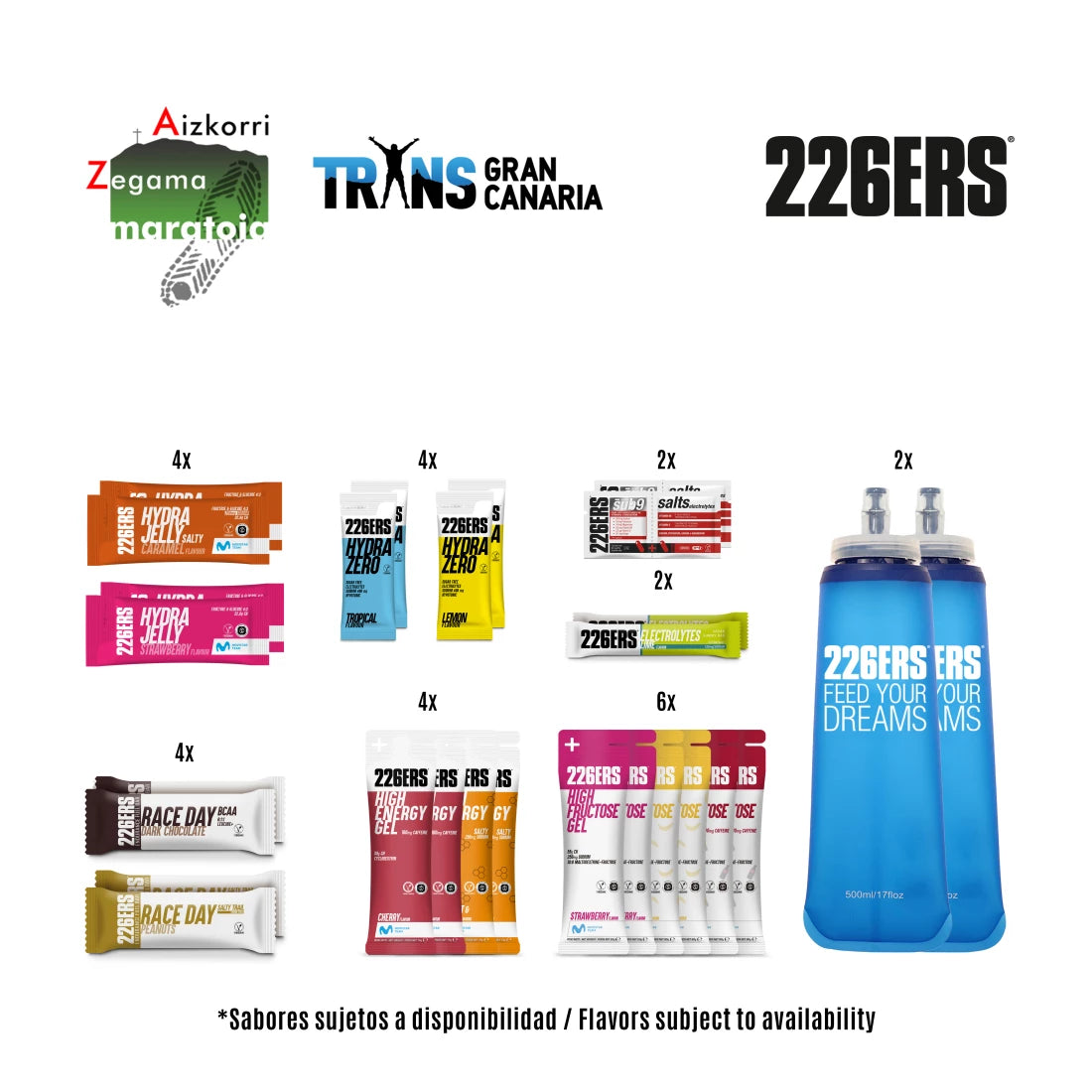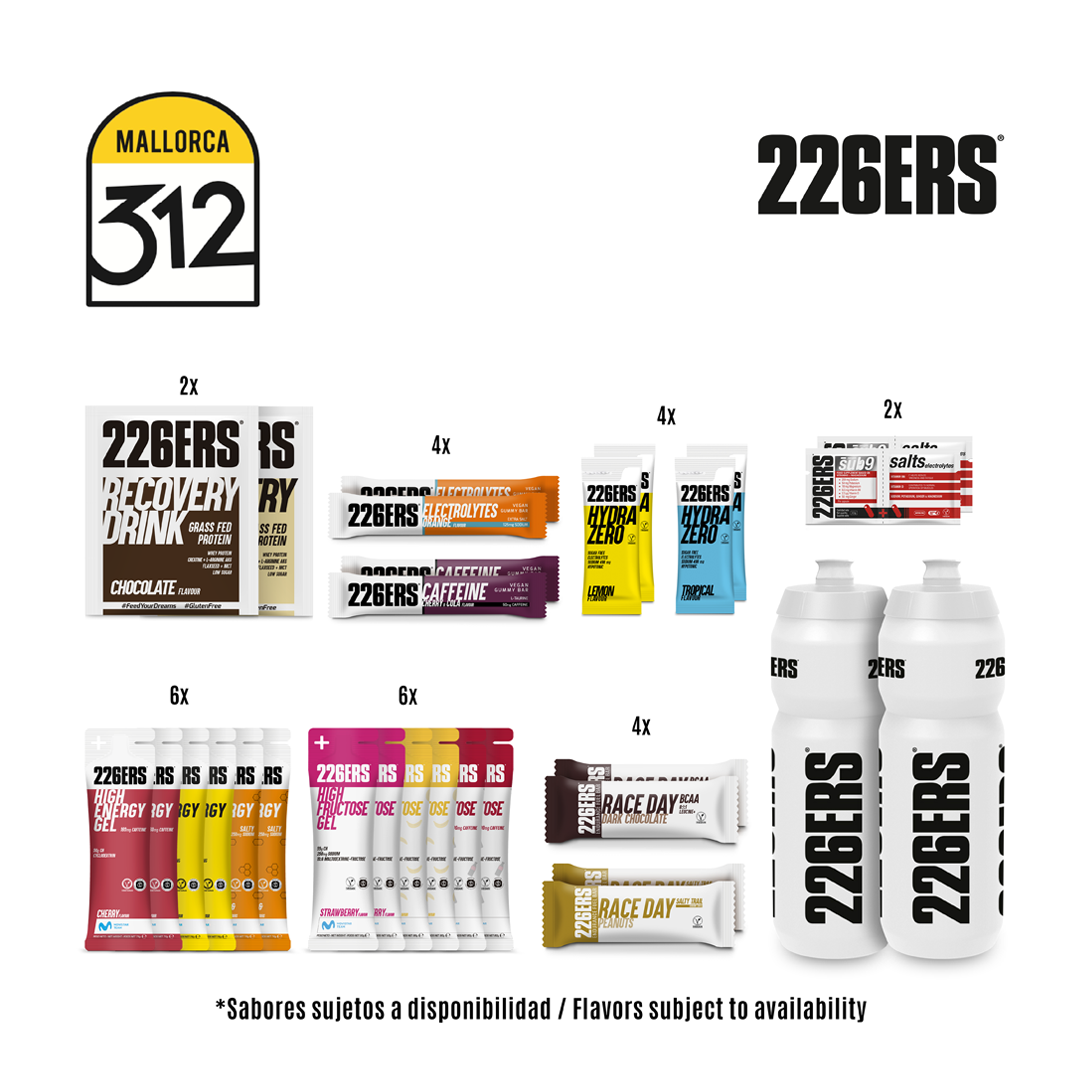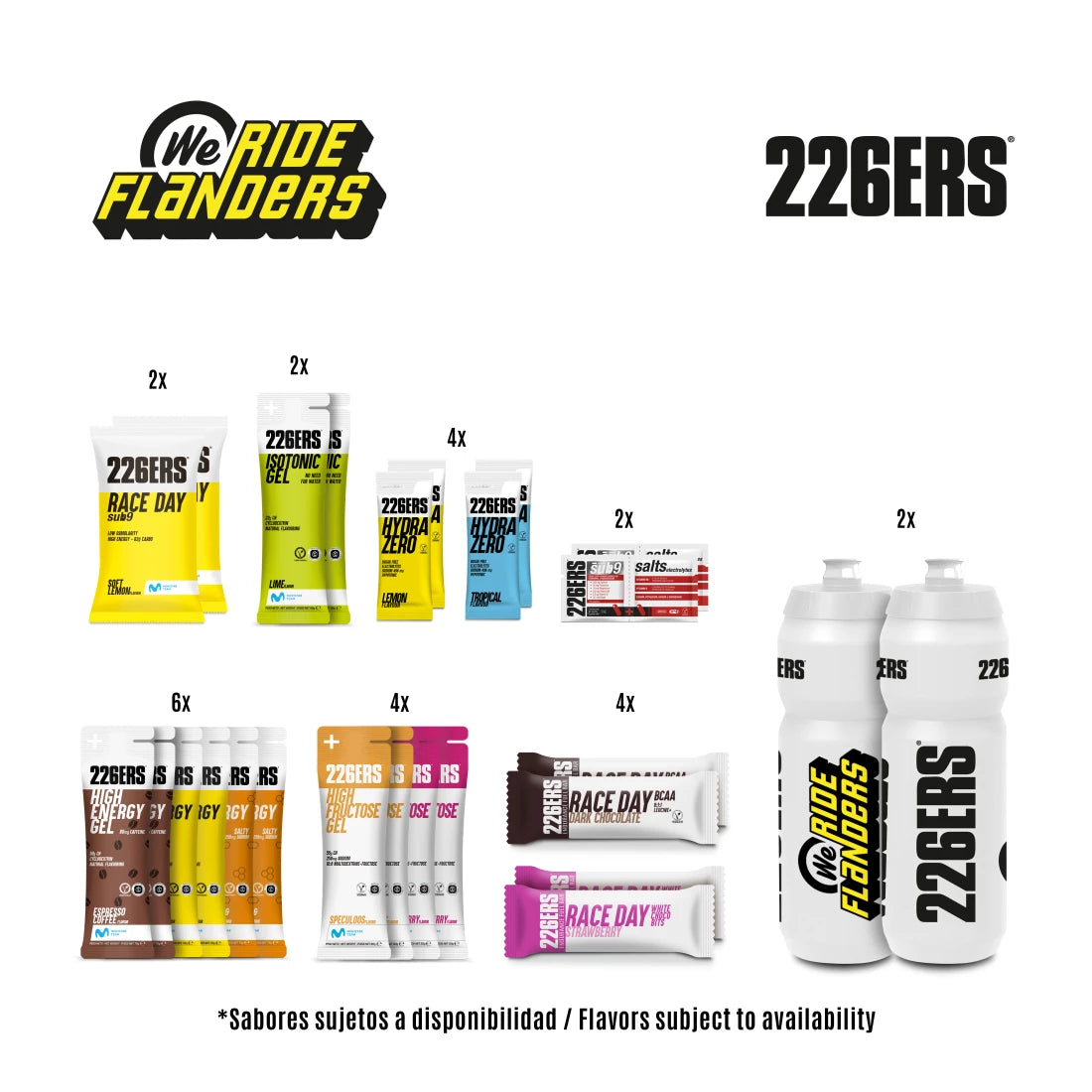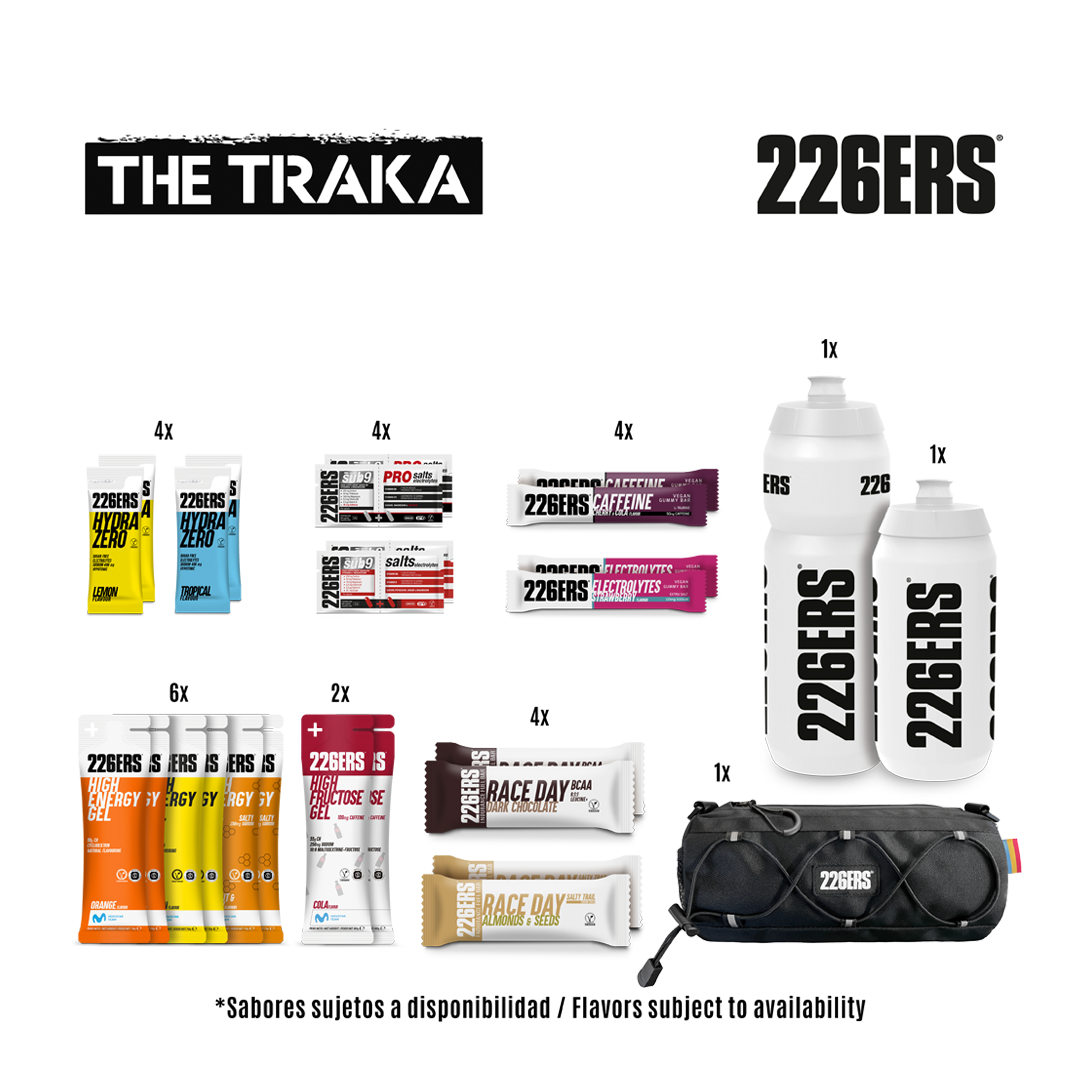One of the big questions that the “biker” is asked is what to eat in a competition. That is, what should have breakfast, how to feed during the test, if it is necessary to eat something at the end of the test…. The answer seems easy following the mantra of "Do not try anything new in competition", so, for many it is enough to repeat the same nutritional guidelines as in training.
"Breakfast what you are accustomed to breakfast, eat the same as in your workouts, and after the competition, which asks for the body, or if you travel back home, you will stop eating something on the road ..."
With these premises, it is clear that the nutritional strategy will not sit badly, but ... could another formula be used to obtain a better performance? And on the other hand, if instead of being just one day of competition, it is a stages turn, is it necessary to do something different or with the same of the "day to day"?
The answer, endorsed by both the empirical experience of top -level corridors and for scientific evidence is: yes. He who is able to tolerate a greater intake of carbohydrates will have a higher performance. Thus, we are going to summarize basically what to eat, in which amounts and the optimal timing to get the most possible to this strategy and that the performance does not decrease with the passage of the stages.
- What to eat?
The main “fuel” that must be ingested are carbohydrates, since its reserve is limited in the body and is the energy substrate that allows you to go to a moderate or high effort intensity. The reserves give for 60-90 minutes of high intensity (90-100% of the anaerobic threshold). When it ends, intensity is lowered. Everything that is ingested during the exercise is oxidized to obtain energy and allows to increase the time of stress at high intensity, and therefore go faster and reach the finish line.
- How much to eat?
Total amounts per day must be between 8-10 grams of carbohydrates per kilo of weight. These carbohydrates must be "fast" during exercise, to favor their use, and after finishing the activity, in order to accelerate recovery.
- When to eat?
From the total amount indicated, it can be distributed as follows:
- Breakfast: between 150 and 300 grams of carbohydrates 1.5h to 3h before the test. Cereals, porridge, bananas, roasted with jam, honey .. They can be good examples for it. They can also be added during heating and minutes before the exit carbohydrates by some bar / gel or sports drinks with carbohydrates.
- During the test: a minimum of 60 grams of carbohydrates per hour is recommended (if it lasts more than 90 minutes), being able to reach 90 grams per hour, provided there is a previous gastrointestinal tolerance training. Not all athletes can tolerate this food intake during exercise, so when certain specific workouts must also be "working" with these intakes to teach the digestive system to assimilate food during the effort.
The main problem that can be found by the Mountain Bike corridor is the “technical” difficulty at eating, since it cannot spend too much time without holding the bicycle handlebar. Therefore, sports carbohydrate sports drinks and gels are products that can be very useful, adding some bar (open before leaving), or bananas media. In tests that allow supplies, the drums with isotonic drink + 1 gel are good options to give the corridor.
- At the end of the test: many competitors do not give importance to food at the end of the competition, some due to the state of fatigue, which makes it difficult to eat food. However, it is extremely important to rehydrate and eat as soon as the effort ends, in order to accelerate the organism's recovery processes to the maximum, especially if it is inside a stages and the next day you have to compete.
The recommendation is the intake of 1 gram of carbohydrates per kg of weight and per hour along with a small amount of protein (0.3 grams per kg of weight), such as the amino acids of branched chain (BCAA), or essential amino acids. Some products called "Recovery" are already prepared with these proportions.
As the latest recommendations for a cyclist who will face a stages, we indicate the following:
- Carbohydrate load: During the 2-3 days before the test it must be ingested throughout 7-10 grams of carbohydrates per kg of weight, to perform a good load of muscle glycogen.
- Easy for your efforts: Regardless of the fuel that can be reproduced "carbohydrate intake", you have to try to save fuel, for this it avoids exceeding the anaerobic threshold area, unnecessary rhythm changes and carrying an adequate race pace (watts or heart rate) can help you get further or before, with the same fuel.
Feed well and enjoy your kilometers!
Article by: Guillermo Olcina (Director 226ers Endurance Research Lab)


